
What is sleep paralysis?
Sleep paralysis episodes most commonly take place when a person is just about to wake up or has just fallen asleep. Many sufferers also complain about pressure on the chest and trouble breathing. Others claim to hear voices or sounds like footsteps that remind of an evil presence in the room: aliens, ghosts, spirits…Let us first observe the nature of sleep in order to completely understand sleep paralysis. Sleep consists of two phases. The first phase is the non-REM phase (REM = Rapid Eye Movement) that lasts approximately 80 minutes. In this phase body is capable of movement but it is still and produces just a little motion. The other phase is the Rapid Eye Movement phase (REM) in which the body is relaxed or paralyzed and body doesn’t move at all. People dream in REM phase and body paralysis makes it possible to dream without any physical activity. The eyes are the only part of the body capable of moving in the REM phase.
Causes of sleep paralysis
Hypnagogic sleep paralysis occurs when one falls into the NREM phase. One slowly falls into sleep and loses awareness of the body. However, sometimes one may still be aware of its surroundings but unable to talk or make motion.
Hypnopompic sleep paralysis, on the other hand, occurs while one wakes up, and it is closely related to REM phase of sleep. It may be the result of the reaction of some neurotransmitters and hormones so even though mind has awakened, the body maintains to be in the paralytic state of the REM stage. The result is a sleep paralysis. Voices and hallucinations are also caused by certain brain activities.
Conditions that may trigger sleep paralysis are the lack of sleep, sleep schedule interruptions, jetlag, anxiety, and stress, certain medications or medical conditions, sleep disorders, sleeping on back, tobacco and alcohol consumption.
Some evidence point out to genetic causes of sleep paralysis but the most probable cause lies in interruption of sleep and sleep patterns. If this is true, sleep paralysis may be just a side effect of the lack of sleep, and not an autonomous medical condition.


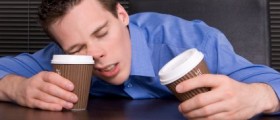
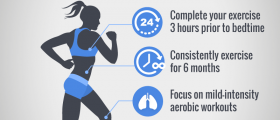


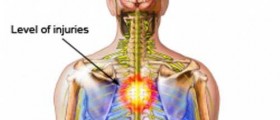
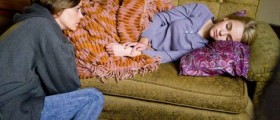
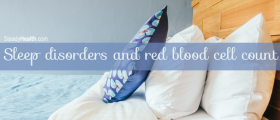
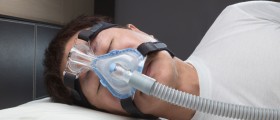

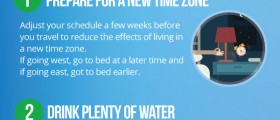
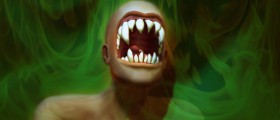

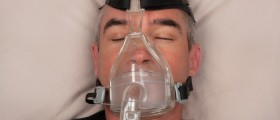
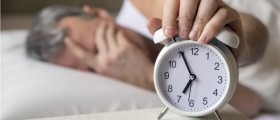

Your thoughts on this
Loading...